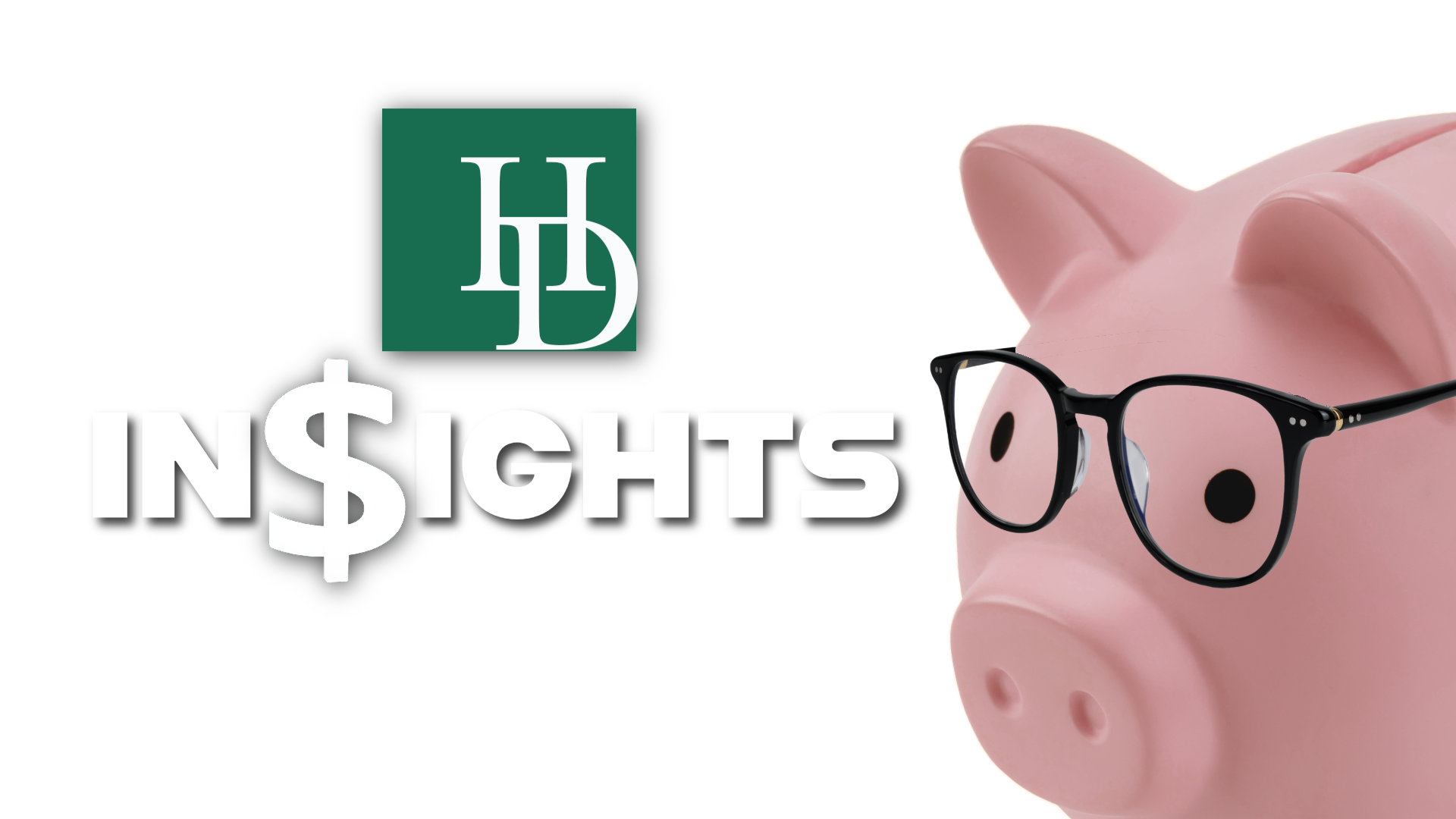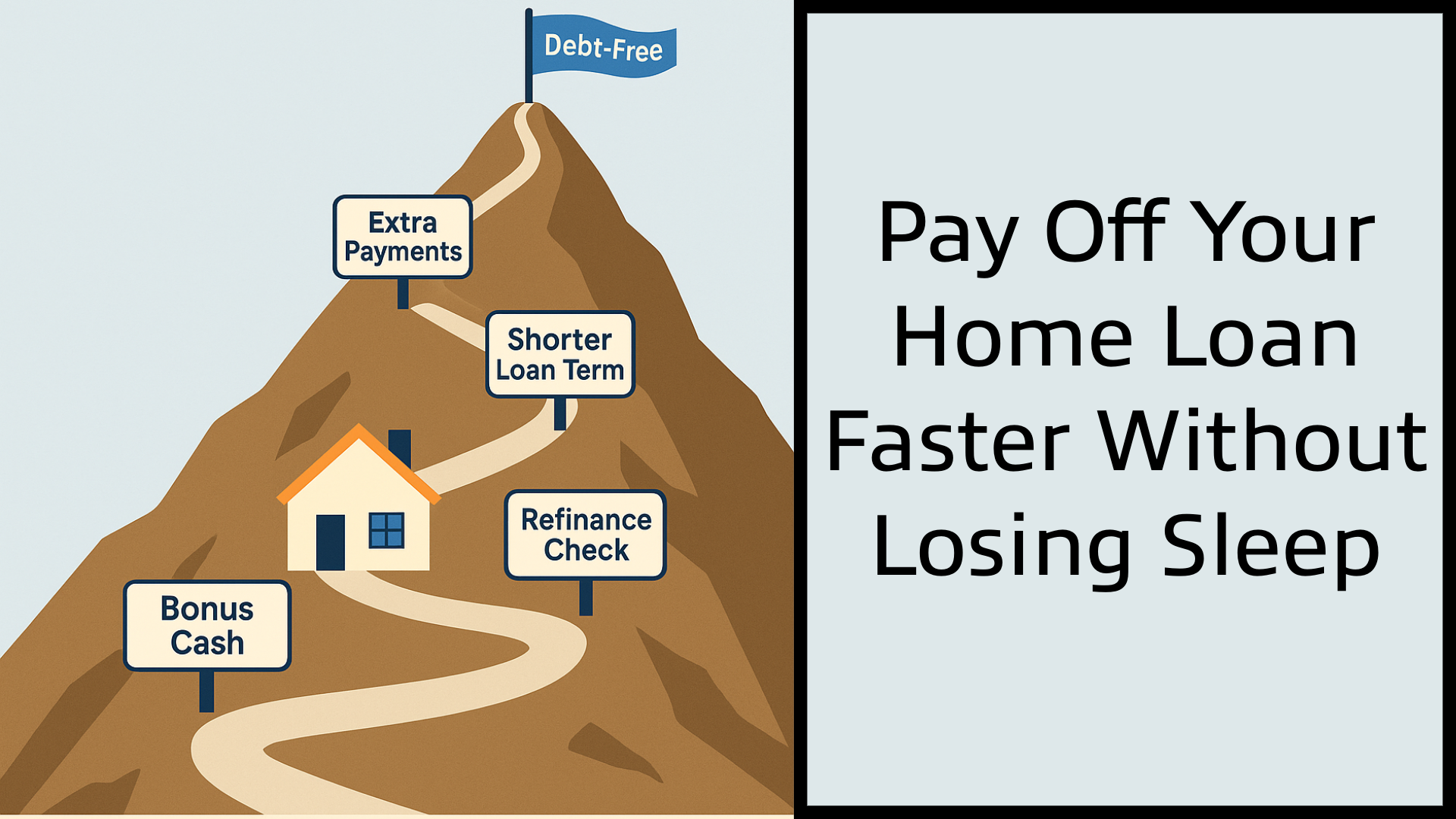
Helping Kids Learn Money Smarts with a Credit Card

Let’s talk about a smart way parents help their kids learn about credit cards early. When a parent adds their child as a user on their own card, the child can start building credit history—even before they apply for their own card.
But before choosing to do this, parents should think about a few important things. It works best when the parent has a healthy credit record and pays bills on time. If the parent handles their card poorly, the child’s future credit could suffer too. So make sure the parent is financially steady.
Next, make sure the child is ready for the responsibility. Are they careful with money? Will they think before spending? It helps to set clear spending limits and watch what they charge. That way, the parent can step in if needed and avoid surprises.
Also, not all credit card companies report a young child’s activity to credit agencies. Some start reporting only after age 18. It’s important to check with the company to understand how it works and when the child’s credit record actually begins.
If everything is in place, this method can give kids a headstart. When they’re older, they may already have a credit history and better chances of getting a good loan or their own card with fair terms.
In short, adding a child to a parent’s card can be a helpful way to teach money skills and build credit early—but only if the parent is ready, the child is responsible, and the rules from the card company are understood.











